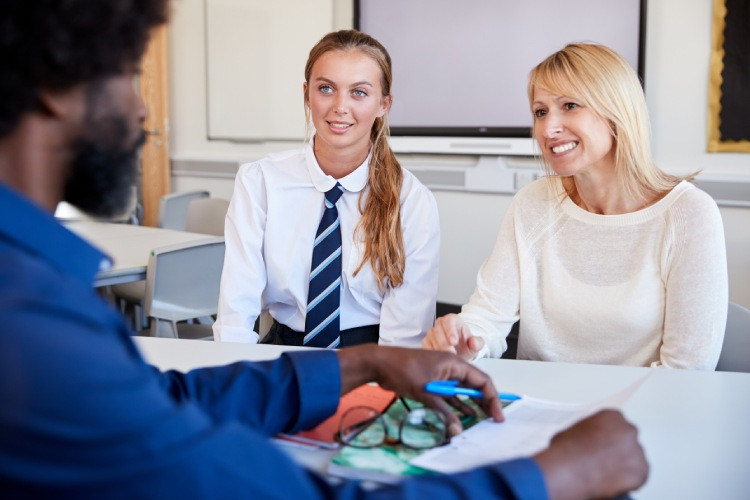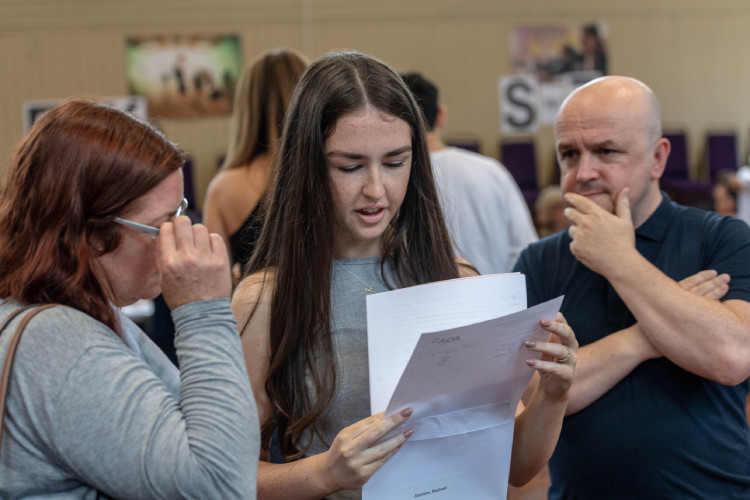
What to ask at parent’s evening from a GCSE Science tutor
Overview of Parents Evening
Parents evenings are valuable opportunities for teachers and parents to communicate about a student’s academic progress and well-being. These meetings are crucial in fostering a collaborative relationship between educators and parents, ensuring the student’s success. Knowing what questions to ask during these meetings can help both parties gain valuable insights. For example, into the student’s academic performance and identify areas for improvement.
How is the student’s attitude towards Science?
Understanding a student’s attitude at parents evening can useful in gauging their overall interest and engagement with the subjects. For example, their attitude towards Science. As a parent, asking teachers about your child’s attitude towards Science can reveal valuable insights about their motivation, curiosity, and enthusiasm for the subject. Positive attitudes can lead to increased efforts and improved learning outcomes, while negative attitudes may require additional support and encouragement.
Is the student completing homework and assignments regularly?
Consistent completion of homework and assignments is critical for reinforcing learning and building foundational knowledge in Science. By inquiring about a student’s diligence in completing tasks, you can assess their level of commitment to academic responsibilities. If a student is struggling with completing assignments, it may indicate a need for targeted assistance or a review of study habits and time management skills. Make parents evening count!
How is the student’s performance in class assessments and tests?
Assessment results provide valuable feedback on a student’s understanding of Science concepts and topics. By asking teachers about your child’s performance in class assessments and tests, you can identify strengths and weaknesses in specific areas. This information allows the student to tailor their learning and focus on areas where they may require additional support or reinforcement.
Does the student actively participate in class discussions and activities?
Active participation in class discussions and activities can be an indication of a student’s engagement and comprehension of Science concepts. Asking teachers about your child’s level of participation during parents evening is important. It can help you assess whether the student is fully immersed in the learning process or if there are potential barriers to participation that need to be addressed.
Are there any specific topics or areas the student finds challenging?
Each student has unique learning needs and may encounter difficulties in specific Science topics. Inquiring about challenging areas allows the parents to support their child to target those topics and provide additional support, such as extra practice exercises or private tuition. Identifying and addressing these challenges early on can significantly impact the student’s confidence and performance.
How can we further support the student’s learning at home?
Collaboration between teachers and parents is essential in supporting a student’s academic progress. Teachers can provide valuable resources and suggestions to reinforce Science concepts outside of the classroom. This may include recommending educational websites, science-related books, or engaging experiments that can make learning more enjoyable and effective.
Conclusion – Parents Evening
Parents evenings present invaluable opportunities for teachers to connect with parents and gain insights into your child’s academic journey. In order for parents to gain a comprehensive understanding of their child’s academic progress and tailor their focus accordingly, they can ask questions about attitudes, homework completion, performance in assessments, participation, challenges, and support at home. The collaborative effort between teachers, parents, and students is crucial in ensuring success in Science and, more importantly, growing a love for learning that extends beyond the classroom.


